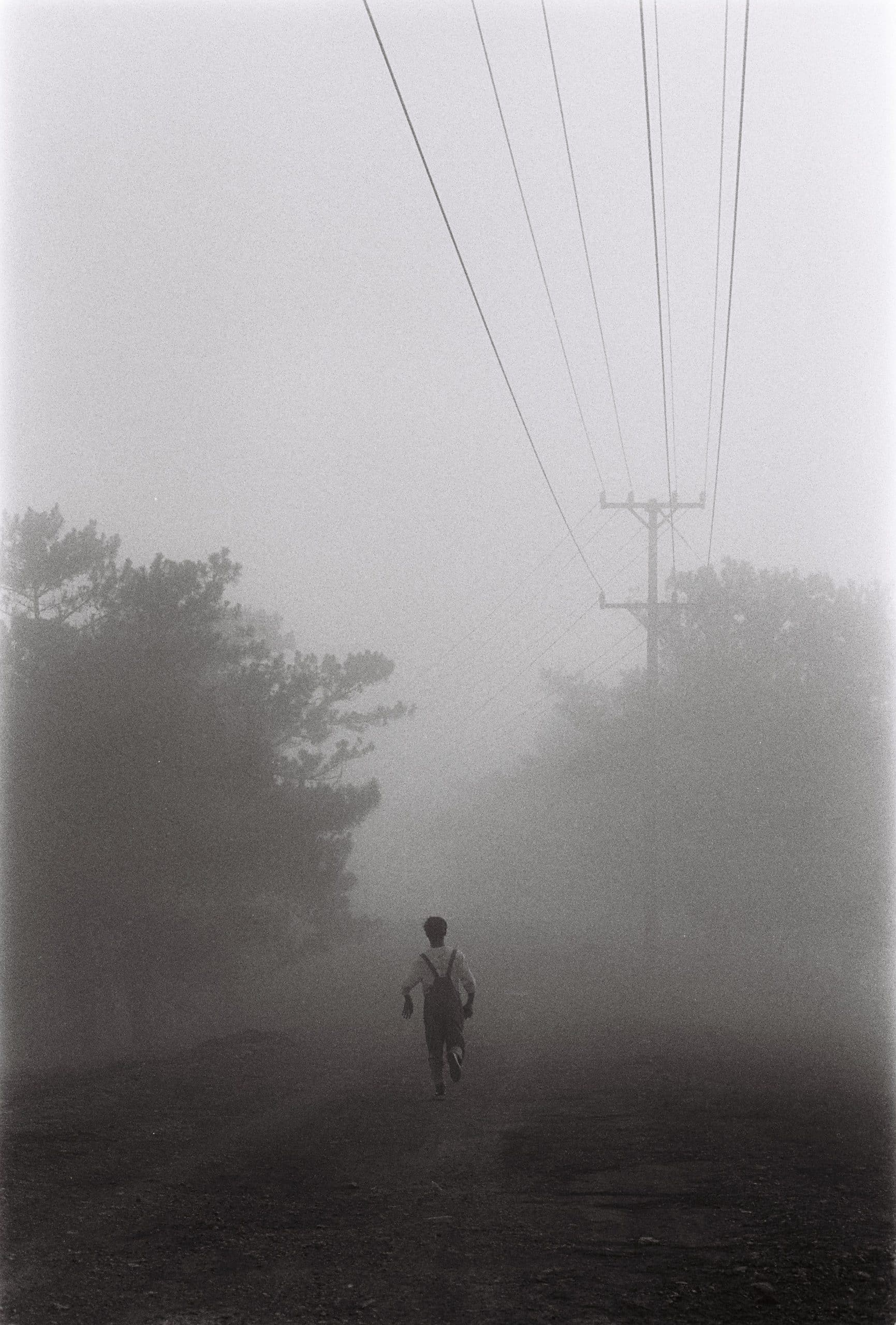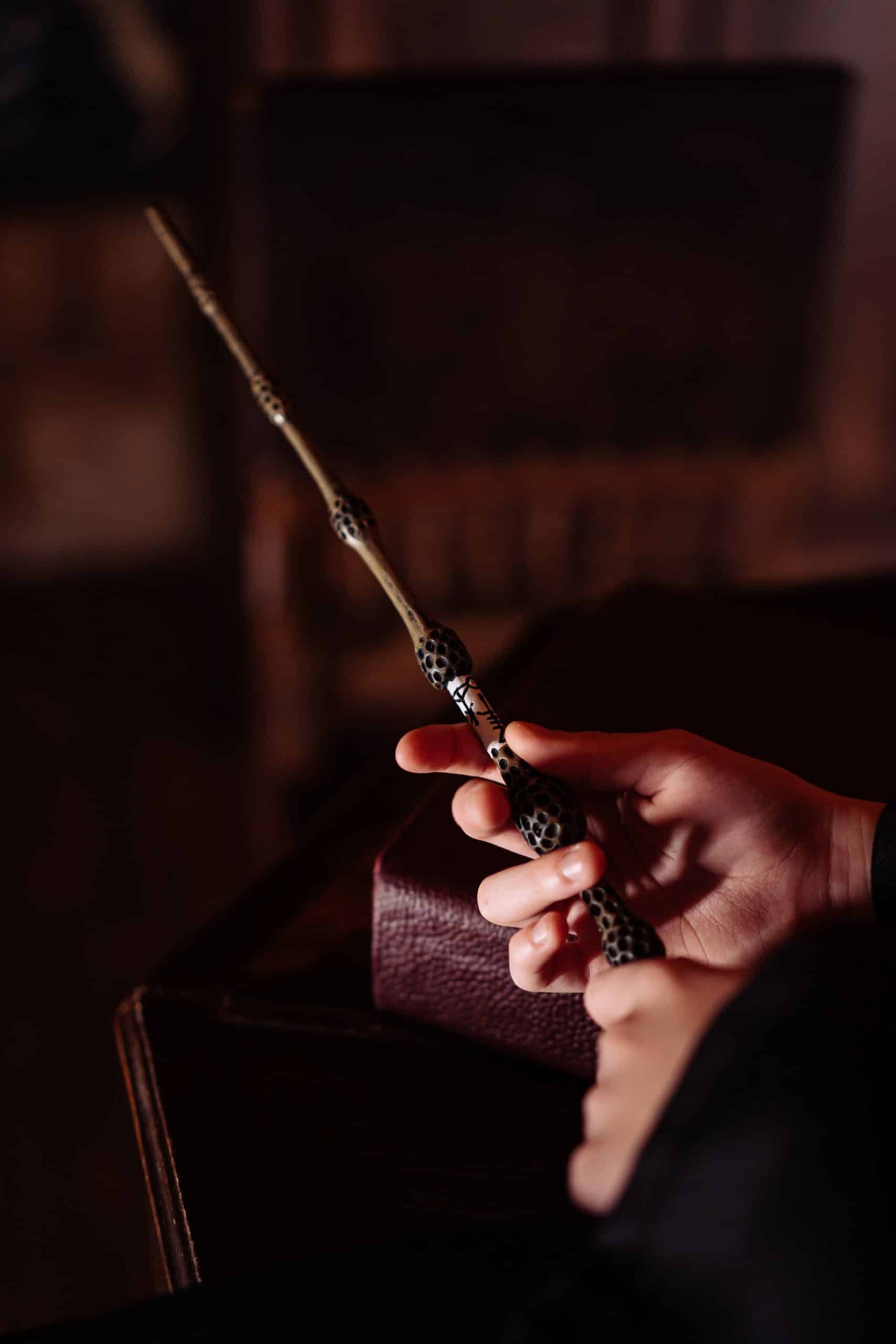Table of Contents
If I were to call myself a virtuoso of any trade, it would be an escape artist. Not that I have broken free from Alcatraz or that I am an actor from Prison Break, nor am I a master when locked up in an escape room. I am however brilliant in whiling away hours absconding from reality, by immersing my mind in reading, watching films or simply sleeping.
What are the perils of taking flights of fancy into the world of Hogwarts? Trespassing into someone else’s dormitory under an invisibility cloak or taking a joy ride across the plains on my Nimbus 2000? What’s stopping me from transmuting into my evil twin who is living it up in the world of debauchery where I can shoot anyone who gets in my way in the world of Grand Theft Auto? What’s the harm in experiencing the fear of making the wrong move in a school kid’s puzzle like in Squid Game? Life rarely gets this exciting.
The line between fiction and reality gets so fuzzy when stepping over the other side is so easy and especially tempting when life get unbearable. Escapism is defined as the tendency to seek distraction and relief from unpleasant realities, especially by seeking entertainment or engaging in fantasy. Every one escapes; just how frequent and at what intensity.
When running away is bad
So what’s wrong with being an escapist? Therapist Lyn Reed cites its precariousness. “I would argue (this) escapism is an unhealthy way of coping with the challenges in our lives. With the stresses of modern life, escapism is pervasive. It comes in many forms and prevents us from doing what we want to do to improve the circumstances in our real everyday lives.”
Reed expounds that the slope gets slippery when we want to be somebody else. With enough repetition (through escapades) we could come to view ourselves as a totally separate entity from who we actually are, causing self destruction and dissociation.
No matter what escapists are running away from, the impetuses can be traced to fears, sorrows, pains, the past or disappointments.
Studies have suggested that those who use escapism as coping mechanisms to life’s stresses are often depressed. This avoidance of reality and not dealing with issues tend to develop a higher level of depressive symptoms.
Pandering to sweet slumber can’t be all that bad can it? The line is crossed when anything is done in large amounts. Sleeping over half the day to the point where one cannot pursue a normal life is termed escapism. Sleeping too much is worrisome. Oversleeping may be a sign of illness or it could be symptomatic of mental illnesses like depression. Frequently, people use sleep as an escape from a life filled with emotional or physical pain.
Another example is the addiction to the Internet. Overuse is linked to loneliness and compulsiveness. Digital interactions replace face-to-face ones and this can be extremely unhealthy. This results in alienation from friends and family. Productivity and growth is also usually impeded.
Some escape with alcohol or drug abuse. These mood-altering substances provide temporary relief. There is a risk of developing an addiction and addicts often find themselves living a life of denial. Their problems are further perpetuated as they decline in self-compassion and turn a blind eye to the destruction in their lives.
Freelance writer Mike Ryan recounts. “Drugs and alcohol gave me something to look forward to at the end of the day. The thing about addiction is that, at a certain point, instead of using a substance to enhance an activity, the substance use becomes the activity. You don’t have to worry about pursuing other interests. I was perfectly fine watching the same YouTube videos over and over again as long as I was drunk. I could avoid my lack of fulfilment by getting a buzz on so strong that I didn’t care. Drinking and drugging allowed me to ignore the fact that, stripped down and laid bare, my life was void of purpose.”
He then warns, “If your main reason for using drugs or alcohol is to escape, it’s going to catch up to you. You’re on the road to a real problem, and you’re probably better off getting clean.”
Positive escapism
Although escapism generally has a negative connotation, there are ways to utilise this ‘mental holidays’ to our benefit. Escapism can be a tool for stress relief. When the mind takes a break from stressful activities such as studying or work, or disengaging from a toxic environment for a few hours, stress levels decrease. Escapism can also be utilised as a mood management strategy. When one is in a negative mood – sad or angry – watching a comedy or playing a game can induce positive feelings.
Steven Handel quips, “Instead of venting your emotions, sometimes it’s better to shift your awareness toward something different. This is the power of ‘healthy escapism’.” Contrary to popular belief, ‘letting it out’ and venting your negative emotions might be counterproductive. A study published in Personality and Social Psychology Bulletin reported that individuals who hit punching bags to ‘blow off steam’ tended to greater levels of anger compared to those who went to the gym as a form of distraction or those who did nothing at all. Another study published in Current Biology reported that distraction can be an effective way to reduce pain.
Hence, it can be helpful to walk away and do something else after all.
Ultimately, demarcating the fine line between healthy escapism and subversive escapism is paramount. There are numerous ways where escapism can be productive at the same time. One way is to take part in creative writing. Why not create fiction to immerse yourself in? More effortlessly, meeting up with friends and letting others into your world can be a good way to distract yourself from getting too consumed in your own troubles. Other common and recommended ways would include reading, cooking, gaming and doing art.
“There also are ways of escapism that are healthy and won’t pull you in them for hours. Like, colouring. I call it my positive escapism. I pick up my set of pencil colours and a colouring book and start enjoying the process. I do not overdo it because my fingers start aching in an hour, and I leave it to continue the next day. But when I am colouring, in the back of my mind, I am mentally preparing the list of tasks that I need to complete. I get creative ideas related to my writing and marketing. After it, I pick up my diary and note the ideas, tasks list, etc. as everything is fresh in my mind,” shares content writer Mayur Ghiya.
He encourages one to identify the source of positive energy. An activity that does not drain you but inspires you, while taking you away on a journey with imagination.
If we use escapism to our benefit, we can emerge victorious as a true escape artist – surmounting life’s stresses and returning to reality in a more tenacious frame of mind.
Sources:
https://www.thehealthboard.com/what-is-escapism.htm
https://www.fortbehavioral.com/addiction-recovery-blog/escapism-coping-skill-or-detrimental/
Known as Nate, I am someone who cannot quit wielding the pen or punching the QWERTY, no matter where life brings me. Writing has always been the most effective conduit for channeling my wanted or unwanted opinions since I was an undergraduate at NUS. Naturally, I used this skill as a means of sustenance after working as a writer and editor for many years until I decided to start a business in music. That did not put a halt to my marriage with the vernacular.
In October 2016, I graduated with my Masters in Visual and Media Anthropology, which is the study of cultures through films and photography, at Freie Universität Berlin. This transitory period of residing in two cities has pushed the boundaries of my creativity and my battles with word count have not ceased.
Now a new mode of writing, the academic one, has been added to my existing smorgasbord of corporate and lifestyle collaterals, articles, advertisements, annual reports and books. At the moment, my learning curve is an uphill journey as I attempt to grasp the camera for stills and motion clips, while I juggle that with developing my love affair with my other mode of expression – electronic music.






